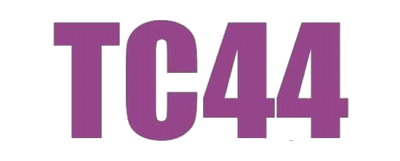Finally, a translation app that knows the difference between German ‘du’ and ‘Sie’!
Wouldn’t it be nice if machine translation asked how you want to translate ‘you’?
Let’s do a little experiment: go to your favourite machine translation website, such as Google Translate, and ask it to translate a sentence from English into German which has the pronoun you in it. Will it be translated as the informal casual du, or as the formal polite Sie? It’s anyone’s guess really, most machine translators seem to choose one or the other pretty much arbitrarily.
In case you didn’t know, German is one of those languages where you have two ways or “levels” of talking to people. People you are close to, such as friends and family, you address them with the informal pronoun du. People you are more distant with, strangers you’ve just met and so on, you address them with the formal pronoun Sie. English has only one word for both levels, the pronoun you, so this distinction doesn’t really exist in English. But in most European languages it does, including German.
Back to machine translation. Wouldn’t it be nice if your machine translator simply asked you which level of formality you wanted, instead of guessing? Because guessing is what the machines do, mostly. Machines are good at computing likelihoods and probabilities, so they are able to guess which level of formality is more “normal” or “usual” for any sentence, based on the data they have been trained on. The only problem is, this might be the complete opposite of what you have in mind at this very moment. Suppose you’re translating something ordinary, such as please sit down or are you hungry? How is a machine supposed to guess correctly who you’re saying it to? To your grandson? To your mother-in-law? Or to a customer in your restaurant? Which level of formality is required? No artificial intelligence can ever guess what only you can know. (By the way, it’s du for the grandson and Sie for the customer, the mother-in-law is a borderline case.)
Fairslator is a machine translator that doesn’t try to guess such things. Fairslator asks you instead. In Fairslator, if you tell it to translate something with you in it, you will be offered a list of options where you can select what exactly you mean by that you: which level of formality, and also whether it’s supposed to be a singular you (when you’re talking to one person) or a plural you (when you’re talking to several people).
Can your usual machine translator do that? Probably not. As far as we know, Fairslator is the first and only translation service in the world that doesn’t just spit out one single translation, but asks you what you mean by that. Try it for yourself and tell all your German-speaking friends – but don’t forget to use the correct version of you!
 Michal Měchura
Michal Měchura










